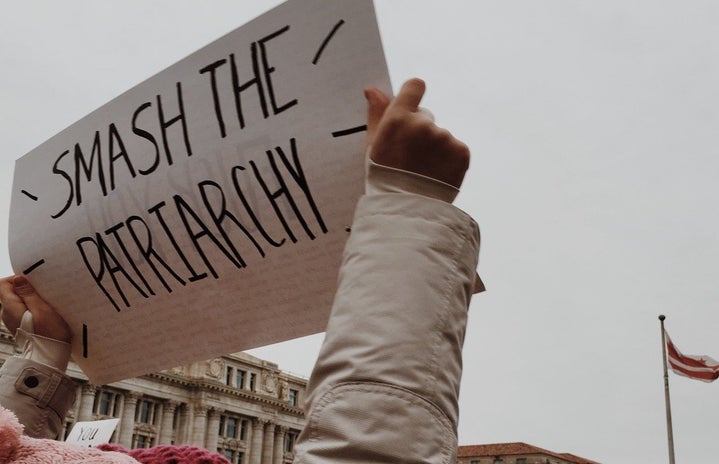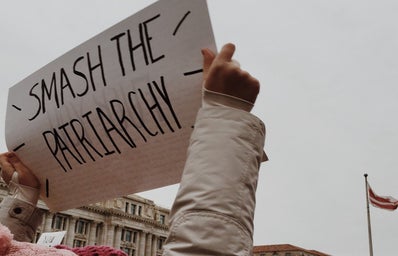On Friday, November 5th, the LMU Women in Politics Organization had a fundraiser to fight for Planned Parenthood. I, being a member of said organization, feel very passionately about this subject. Politics, and specifically abortion, play a significant role in all of our lives. A few days prior to the event, a group called the College Republicans at LMU decided to create a counter-protest to the issue. And, while I have no issue when it comes to counter-protesting, we need to talk about the diversity that comes within faith and tradition as well.
Over the past few years, I have come to realize that faith and tradition are not black and white. And, there is not a “cookie cutter” response to controversial issues, abortion being one of them. However, given the responses by LMU, which can be read here, the College Republicans and Women in Politics, which can be found here, it is very clear that everyone has their unique perspective. We as a community need to recognize this diverse group of ideologies and be able to grow from each other. As a community, we can only address change if we start by adding new members to the table. We need to become a voice for the voiceless and be a beacon for change.
Faith and religion are tricky subjects to navigate. Specifically, when it seems that more often than not, the intersectionality between faith and politics is ever fluid. And, when the two seem to be in congruence with one another. It is hard to separate one’s faith and political ideology. However, I do think that it is possible to work together to come up with meaningful solutions to problems that each and every one of us face in our lives. We cannot coexist in a world where everything is in perfect harmony. I’m not proposing this to be the solution. What I am proposing is that we develop an understanding of the other. Empathy is something that can be applied to a variety of situations.
In our hyper-connected world, it can be easy to search for confirmation bias to feel validated. But, this level of insularity is not sustainable to do the work in creating equality for all. Simply “feeling” like someone should have acted or said something differently based on preconceived ideas of who they are based on an Instagram post, is entirely different than knowing them personally. Or, more importantly, stepping into their shoes and recognizing their struggle. For instance, many do not know or understand the nuances that plague women who are contemplating abortion or getting pregnant in general. Men simply, and biologically, cannot understand the act of childbearing or the decisions that come with that. It is true that men and women should be active participants in the process of raising a child, but when it comes down to individual decisions, that should come down to the circumstances of the pregnancy, not government officials who have distance from the issue.
It should be up to the woman in her bedroom agonizing for days over a decision to get an abortion to make that decision; not black suits and ties. It should be up to the girl who unintentionally got pregnant and doesn’t want anyone to know whether to get an abortion. It should be up to the mother who knows that her unborn child would not be able to live its full potential, whether to get an abortion or not. It should be up to women, whether abortion is needed. It should be up to the woman whose fate could impact the rest of her, and her unborn baby’s, life.

